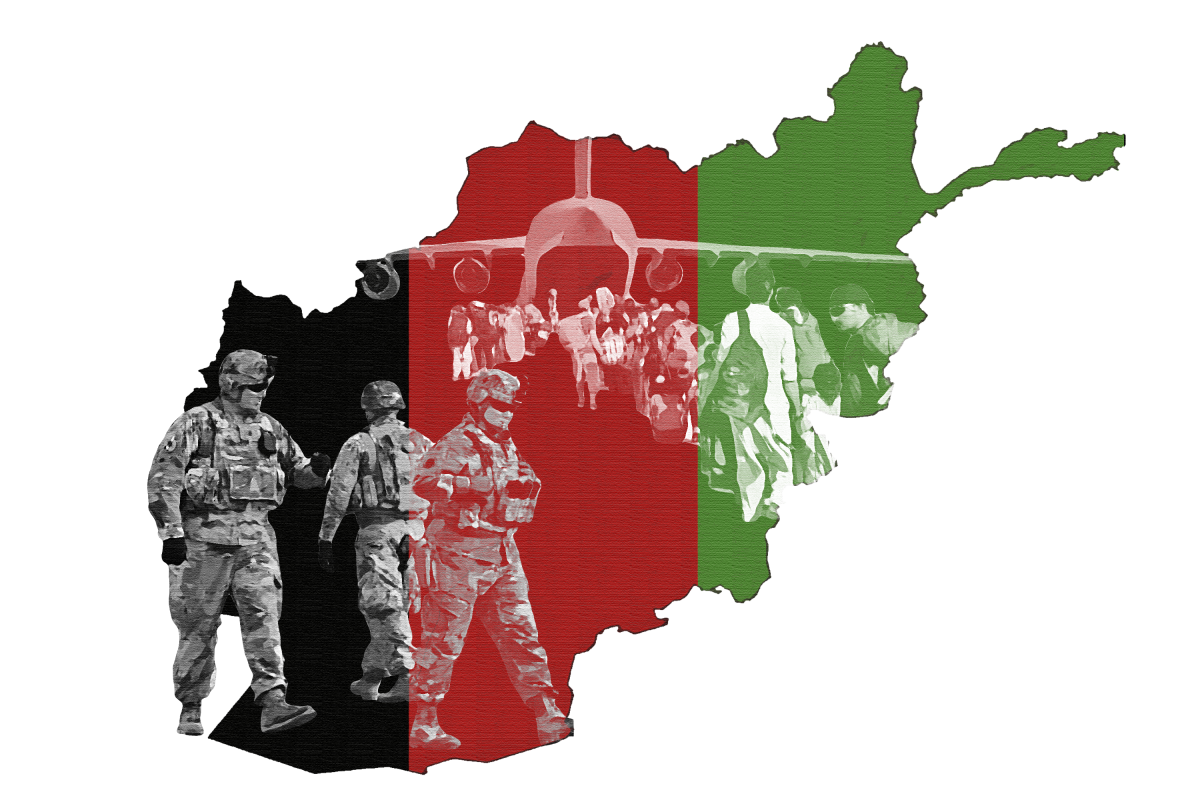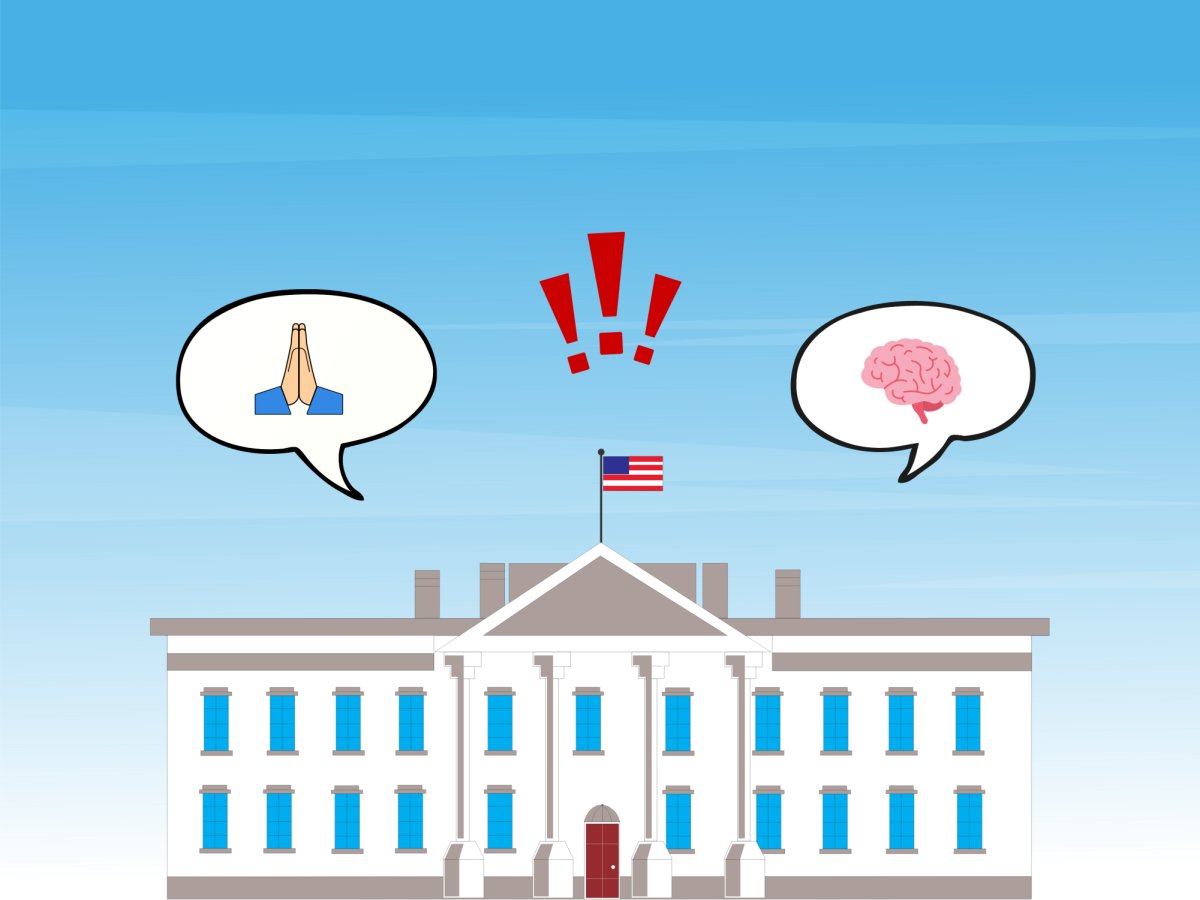On Aug. 30, 2021, the U.S.’s longest war finally came to an end. In his speech the next day, President Biden declared that he would be the last president “to send another generation of America’s sons and daughters to fight a war that should have ended long ago.” Despite the triumph of the president’s speech as he declared America’s mission in Afghanistan complete, this is not a moment for celebration.
With 13 American soldiers killed in a horrific terrorist attack in Kabul and a hundred or so Americans still trapped in Afghanistan, it is difficult to look upon the end of the war with relief. I am devastated over how disastrous this evacuation was and I am disappointed that the president and his administration have failed to take real responsibility for what happened in our final days in Afghanistan.
I want to be clear that I do not believe that our exit from Afghanistan could have ever been clean. To look at our final moments in that country as an aberration from an otherwise strategically perfect war would be naïve.
As the Afghanistan Papers revealed when the Washington Post released them in 2019, the war in Afghanistan had been a dysfunctional mess for a long time and the leaders who pressed the U.S. to continue its efforts in Afghanistan recognized that reality. When President Biden said in his speech that the war “was no longer in the service of the vital national interests of our people,” he was absolutely right.
According to the Department of Defense, the U.S. spent $825 billion to maintain our presence in Afghanistan over the last 20 years. A study that is often cited by President Biden in his speeches justifying his decision to pull out of Afghanistan gives a number that is closer to $2 trillion. So much of that money was invested in training a foreign military that crumbled soon after the Taliban began their march to Kabul. It was a large expenditure with little payback and the tragic outcome of our investments there was inevitable.
President Biden and his administration had a golden opportunity to deliver on a campaign promise that was not only rationally sound but also extremely popular among Americans, with polls indicating that a majority of the public favored an end to the U.S. involvement in Afghanistan.
But contrast those polls with the president’s current low approval rating and the problem becomes clear.
Americans wanted out of Afghanistan, but they wanted it to be done competently. Competence necessitated proper forethought, which seems to have been missing in the debacle that occurred over the last month.
President Biden said in his most recent speech on Afghanistan that the rapid fall of Kabul to the Taliban was unexpected. But an evacuation occurring under these circumstances should have been planned for, even if Kabul’s quick fall was not expected. No one, not even the president, assumed that the withdrawal from Afghanistan would be a smooth process; so why would the Biden administration not have planned for the worst-case scenario?
The other problem with how the Biden administration handled the withdrawal was their messaging. There were moments during the early days of the evacuation when the Biden administration could have been much more upfront with the American people about how bad the situation in Afghanistan had become. At the very least, they should not have overpromised on what they could accomplish in the little time that they had. Saying that the U.S. would stay beyond the deadline to get every American citizen out of Afghanistan is an example of overpromising.
President Biden has also taken an indifferent tone towards the situation, which is not only inappropriate in times of great crisis but is also uncharacteristic of the man who was elected partly on account of his empathy. Brushing off a question about the Afghan civilians who were killed while trying to hang onto U.S. cargo planes with the words, “that was four days ago,” just doesn’t seem like the kind of response that a president should give.
The decision to leave Afghanistan was long overdue and admittedly, no matter who handled the evacuation, chaos was inevitable. But mitigation is key, and there were mistakes that were made in this operation that could have been avoided to mitigate the inevitable. I only hope that the remaining Americans in Afghanistan, as well as the Afghans who helped us during the war, will make it to safety soon.












































